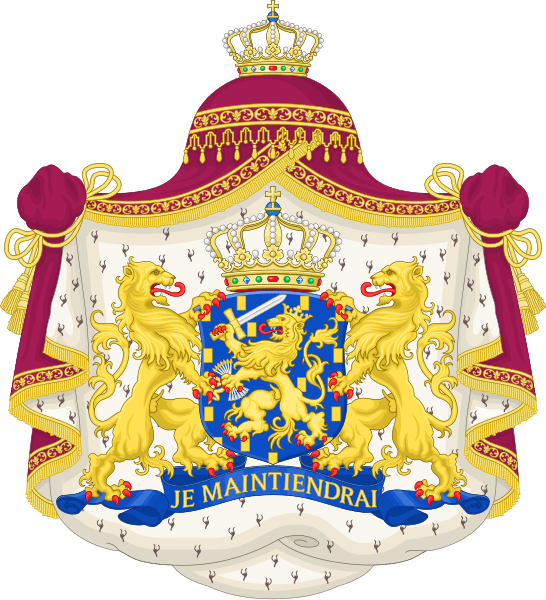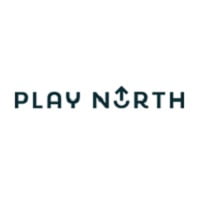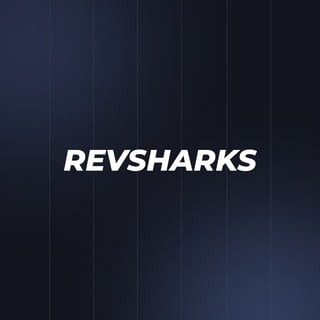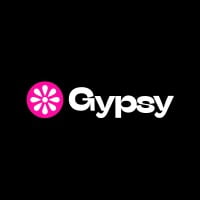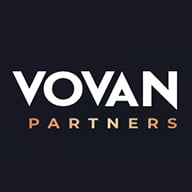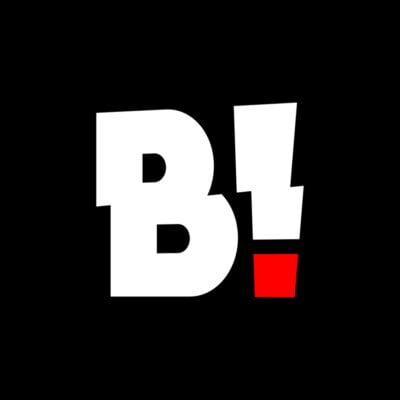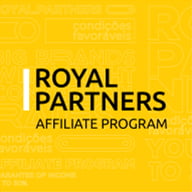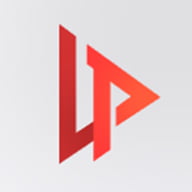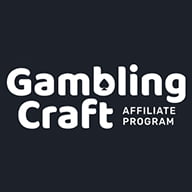- Information
- iGambling
- Surveys
- prev
- next
Population
- Population: 16979120 people.
- Official Language: Dutch
- HDI: 0,946
- Salary: $3487
- Poverty rate: 0.5%
- Gini: 26%
- The believing population: 26%
- Main religion: Christianity (50.6%)
- Second religion: Atheism (42.1%)
Harmful habits
- Alcohol: 8.2 litres/year
- Smoking: 22.2%
Internet
- Internet users: 90.7%
- Mobile Internet: 62.6%
- Landline Internet: 35.1%
- Internet speed: 108.3 Mbps
- Country Top Level Domain: .NL
General information about the country
-
Country name:Netherlands
-
Code (2-digit):NL
-
Continent:Europe
-
Country level:Tier 1
-
Capital:Amsterdam
-
Country area:41526 sq km.
-
Telephone code:31
-
Currency (code):Euro (EUR)
Geographical features of the country
Administrative division into regions
Province (12): Gelderland, Groningen, Drenthe, Zealand, Limburg, Overijssel, North Holland, North Brabant, Utrecht, Flevoland, Friesland, South Holland.
Features of the country
The modern territory of the country was partially or fully occupied by the following states: Roman Republic, Roman Empire, Frankish State (Frankia), Gallic Empire, Western Roman Empire, East Frankish Kingdom, Holy Roman Empire, Spanish Empire, French Empire, German Empire.
The Netherlands is washed by seas: the North Sea, the Watt Sea.
The following rivers flow through the territory: Rhine, Maas, Scheldt, Fechte, Dinkel, Zwarte-Water.
The Netherlands owns the islands: Curaçao, Bonaire, Aruba, Texel, St. Maarten, Terschelling, Ameland, Schiermonnikoog, Vlieland, Sint Eustatius.
Gambling regulation
-
Online casinos:Regulated
-
Online sports betting:Regulated
Read more about regulation
Offline gambling is legal in the country, as well as online gambling, poker, online sports betting and horse racing.
In 2021, the state passed the Internet Gambling Act, which opened up the market for online operators.
Today, the industry is regulated by the Netherlands Gambling Authority (KSA).
The KSA is responsible for issuing licenses, enforcing regulations, preventing illegal gambling, and combating financial fraud and other criminal activities related to the gambling sector.
In October 2024, new deposit limits were introduced. The primary deposit limit for players between the ages of 18 and 24 is now $311 per month, and $727 per month for players over the age of 24.
In addition, users between the ages of 18 and 24 who wish to deposit more than $156 per month are required to undergo additional verification with the operator. For users over the age of 24, the monthly deposit threshold after which additional verification is required is $312 per month.
The Netherlands completely bans all gambling advertising on TV, radio, print media and public places. However, only non-targeted gambling advertising is banned on the Internet, which raises concerns among the authorities about the potential increase in the risk of gambling addiction among young people.
In this regard, discussions have been initiated on a bill that would completely ban gambling advertising on the global network. This innovation may finally deprive licensed operators of competitiveness in comparison with illegal platforms.
Top payment systems
Payment Systems (January 2025):
- Visa
- Mastercard
- Bancontact
- Yoursafe
- Klarna
- iDEAL
- PaysafeСard
Online Gambling in the country
The Netherlands is a European country with a strong economy and a solvent population where gambling, both online and offline, is legal.
The sector is regulated by the Netherlands Gambling Authority (KSA), which adheres to strict requirements and restrictions for licensed operators.
In the near future, the KSA intends to completely ban gambling advertising of gambling games, which is still partially allowed.
Such strict conditions for operators contribute to the growth of the black market, which attracts players by the lack of restrictions on deposits and strict user verification.
The regulator has already noted an increase in cash flows on illegal gambling sites. Thus, the financial consequences from the shadow sector are becoming more and more significant.
To date, the main goal of the authorities is to prevent the spread of gambling among young people.
The increasing popularity of illegal sites, according to the government, indicates that current measures are not effective enough and that the control of online gambling in the Netherlands needs to be strengthened.
It is likely that the legal industry will face total control and tightening of the adopted laws.
Population
The population of the country is almost 18 million people. The country has a very high level of urbanization: more than 90% of the Dutch live in cities.
The increase in the population began in 2015, and since then it has been growing by an average of 120 thousand per year. This is largely due to the immigration factor.
The average age is 42 years and life expectancy is just over 80 years.
As of 2024, the population had the following age distribution:
- 5% - under 4 years old
- 8.1% - between 5% and 12 years of age
- 5.4% - 13 to 17 years old
- 8.6% - 18 to 24 years old
- 13% - 25 to 34 years old
- 12.2% - from 35 to 44 years old
- 12.8% - from 45 to 54 years old
- 13.9% - from 55 to 64 years old
- 20.9% - 65 years and older
Male population - 49.7%, female population - 50.3%.
The literacy rate (ability to read and write) is 99%.
The national composition of the country is as follows: Dutch - 75.4%, EU citizens (excluding Dutch) - 6.4%, Turks - 2.4%, Moroccans - 2.4%, Surinamese - 2.1%, Indonesians - 2%, others - 9.3%.
Language: Dutch (official), West Frisian (common in the province of Friesland in the Netherlands), Papiamento (native language of the population of Aruba, Curaçao and Boneira).
About 90%-93% of the inhabitants speak English, 71% speak German.
Religion: atheists - 57%, Catholics - 17%, Protestants - 14.8, Muslims - 6%, other religions (including Hindus, Buddhists, Jews) - 5.2%.
Major cities: Amsterdam (capital), Rotterdam, The Hague, Utrecht, Groningen.
Currency: since 2002 the monetary unit is euro (EUR). 100 EUR = 103 USD.
Financial opportunities
The employment rate in the country is 82%, the unemployment rate is 3.7% and the long-term unemployment rate is 0.5%.
The youth unemployment rate is almost 9%.
About 3.2% of the population is considered poor. Amsterdam (6.6%), Rotterdam (6.2%), The Hague (6.1%) and Vlieland (6.0%) have the highest poverty rates.
The average wage is $3800 and the minimum wage is $2700.
Mentality
The three main principles on which Dutch society is built are pleasure, comfort, and friends.
Residents prefer things to be carefully planned and organized, with no surprises.
They rarely buy luxury goods and more often invest in housing, avoiding buying unnecessary things.
The Dutch are not a hierarchical society. Here bosses and subordinates, elders and juniors, parents and children, students and teachers communicate as equals.
The population is not superstitious at all. For example, the number of flowers in a bouquet can be even or odd - no difference.
Humor in the country is sarcastic and direct. Some people may find it primitive. There are practically no taboo topics here.
The inhabitants have a developed sense of self-esteem combined with a strong team spirit. The Dutch know the value of their opinions and are not afraid to express them.
Many maintain a small but close circle of friends. Therefore, residents do not feel the need to make an effort to make new acquaintances.
iGaming market volume
In the first half of 2024, the gross revenue of the legal online gambling sector amounted to $781 million, an 8% increase compared to the second half of 2023.
The number of gaming accounts in early 2024 grew to an average of 1.07 million per month, while the number of active players declined to around 455,000 per month.
Online casinos dominate the sector, accounting for 72% of GGR. Online betting accounts for 7% of the total gambling market.
According to the Dutch Gambling Authority (KSA), illegal operators retain 13% of gross gambling revenue.
At the same time, it is likely that the government does not disclose the exact figures, as on average the Dutch google illegal platforms about 700 thousand times a month.
Internet accessibility
At the beginning of 2024, the internet penetration rate was 99% and the number of internet users exceeded 17 million.
The average speed of wireless internet via Wi-Fi is 93.09 Mbps.
The average speed of a mobile internet connection is 19.88 Mbps.
The volume of device usage:
- mobile - 60%
- desktop - 35%
- tablet - 5%
Popular web applications: YouTube, Instagram, Facebook, TikTok, Facebook Messenger.
In January 2024, there are 15 million social media users in the Netherlands.
Number of active users in 2024:
- YouTube - 15 million
- Instagram - 8.15 million
- Facebook - 8.05 million
- TikTok - 6.01 million
- Facebook Messenger - 4.4 million
Player preferences
Soccer is the most popular sport for betting. In addition, residents prefer tennis, hockey, cycling, basketball and cyber sports.
In online casinos, classic slots with fruit and sevens continue to be popular. Slots with pirates, Egyptian motifs and fantasy themes are also in demand.
Additional mini-games offering big wins and progressive jackpots are particularly enticing to residents.
Players prefer to use gambling apps instead of mobile versions of websites. In addition, the country's cryptocurrency market is booming, making crypto-casinos particularly in demand in the region.
According to KSA estimates, about 5% of the country's adult population and more than 22% of the youth from 18 to 23 years old regularly participate in gambling.
Data from Blask on online gambling
- Blask data from: 09/01/2024
- Population size: 17 million.
- Brands found: 86
- Active brands: 85
- YoY (Year Over Year): +11.3%
- MoM (Month Over Month): -1.5%
- eFTD: ~232k.
- eGGR: ~$166 million
-
Interest in gambling in the country:

-
Top 5 brands in the country:
- Toto - 18,4%
- Unibet - 14,6%
- BetCity - 12,8%
- One Casino - 7,6%
- Holland Casino - 7%

Gambling affiliate programmes that accept traffic from this country
- Share
- prev
- next

